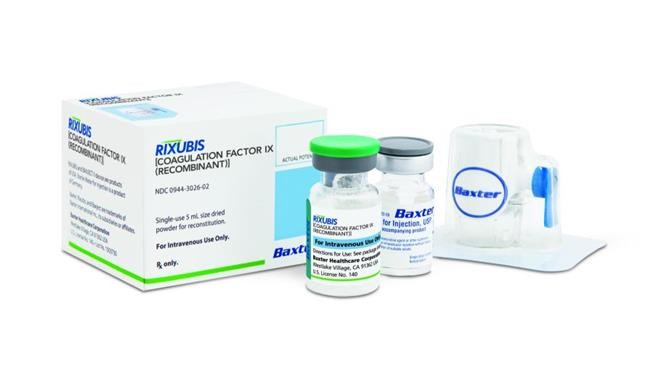A.K., an architecture student in one of the private universities in Kosovo, is one of the 90 individuals diagnosed with hemophilia in Kosovo. He is not the only person in his family suffering from this illness; his uncle has the same condition.
Medication with a coagulation factor VIII and IX which treat this illness are included in the list of essential medications which are provided by the Ministry of Health that patients can get for free.
Shemsedin Sadiku, director of the hematology department at the University Clinical Center of Kosovo, says that 50 doses of this medication are needed for a surgery. The average number of surgeries per year is around ten.
According to the Ministry of Health the budget has always been insufficient to cover all the needs of people with this condition. However, the budget for the list of essential medication for 2018 is 28 million Euros and it includes all kinds of medication, medical supplies and cytostatic drugs. Last year, this budget was 21 million Euros.
The Ministry of Health buys the medication and medical equipment which is sent to the Central Pharmacy of the University Clinical Center of Kosovo to be distributed as needed to its clinics.
Medication with a coagulation factor VIII and IX are very rare in the University Clinical Center of Kosovo, as well other private pharmacies.
KosovaLive went to around 30 pharmacies in the municipality of Prishtina and found that the majority of them did not have medication for hemophilia.
A.K., who suffers from Hemophilia A and has to take medication with coagulation factor VIII in the University Clinical Center of Kosovo, says that there is often lack of medication.
“In the University Clinical Center of Kosovo there is a lack of medication, especially for us who have been diagnosed with hemophilia. I received the therapy with coagulation factor VIII at the hospital 3-4 times, but there have been times when I had to buy the medication worth 450 Euros. However, I don’t buy it anymore. My uncle lives in London and he provides me with the medication whenever I need it,” he says, adding that he only gets the treatment at the University Clinical Center of Kosovo.
This rare illness, according to the head of the Hematology Clinic in the University Clinical Center of Kosovo, affects more male patients.
“Hemophilia is a hereditary illness, carried by the sex chromosome X and is characterized with blood coagulation disorder (not being able to stop bleeding). It affects males and bleeding is usually manifested after injuries, but it can also happen spontaneously. Women can be carriers of the pathologic gene. In various genetic combinations women can be diagnosed as well, but these cases are rare.”
Sadiku says that when they lack the medication with blood coagulation factors, they treat the patients with fresh frozen plasma and cryoprecipitate.
Whereas for cases when individuals with this illness get injured or need surgery, he says that “their lives are seriously endangered, it could cause death, if the adequate treatment is missing.”
In Kosovo, there is no special hemophilia center, a place that could diagnose patients and where they could receive the adequate treatment. Individuals suspected of having this medical problem have to go take blood tests at the National Center for Blood Transfusion of Kosovo. If test confirms that they have hemophilia, the patients get medical treatment at the Hematology Clinic of the University Clinical Center of Kosovo.
Until 2015, a total of 90 individuals who suffer from hemophilia have been registered: of whom 57 have been diagnosed with Hemophilia A and 33 with Hemophilia B.
Until today in Kosovo, there have been no individuals diagnosed with Hemophilia C, which is also very rare.
Erëza Hoti










